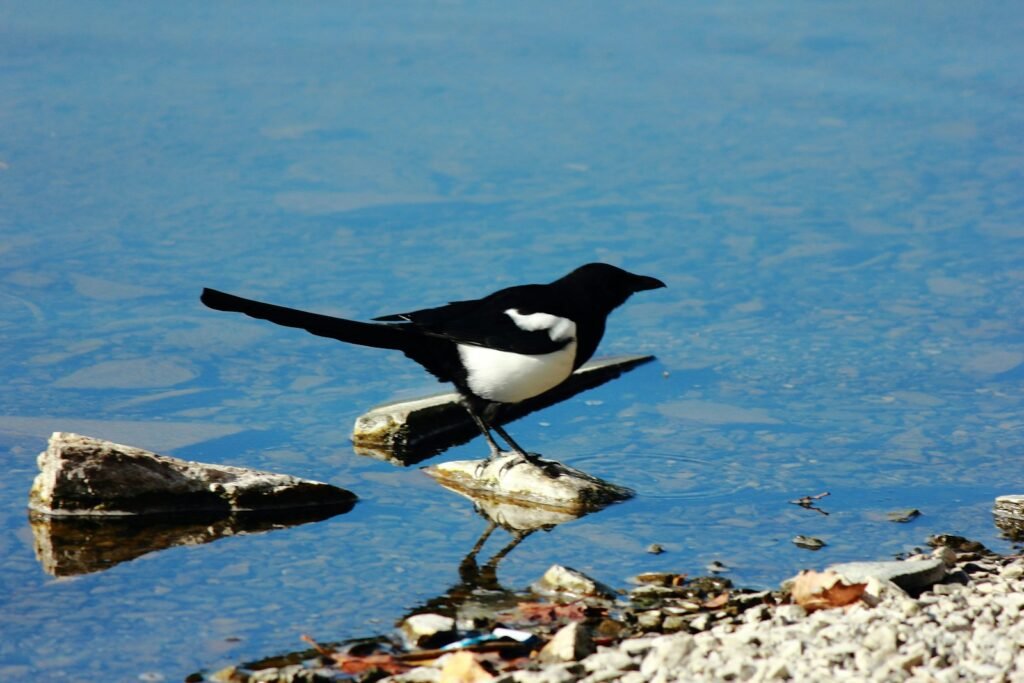In the vast expanse of Russia, a country rich with natural resources, the occurrence of oil spills poses a significant threat to both its environment and its inhabitants. As these incidents unfold, they paint a picture of an ongoing environmental struggle that captivates scientists, environmentalists, and citizens alike. With its diverse ecosystems and sprawling landscapes, Russia’s natural beauty stands at risk, urging a deeper look into the recent oil spills and their far-reaching ecological impacts. These spills not only disrupt the ecological balance but also bring to light the pressing need for sustainable practices in managing natural resources.
Understanding the Magnitude of Oil Spills in Russia
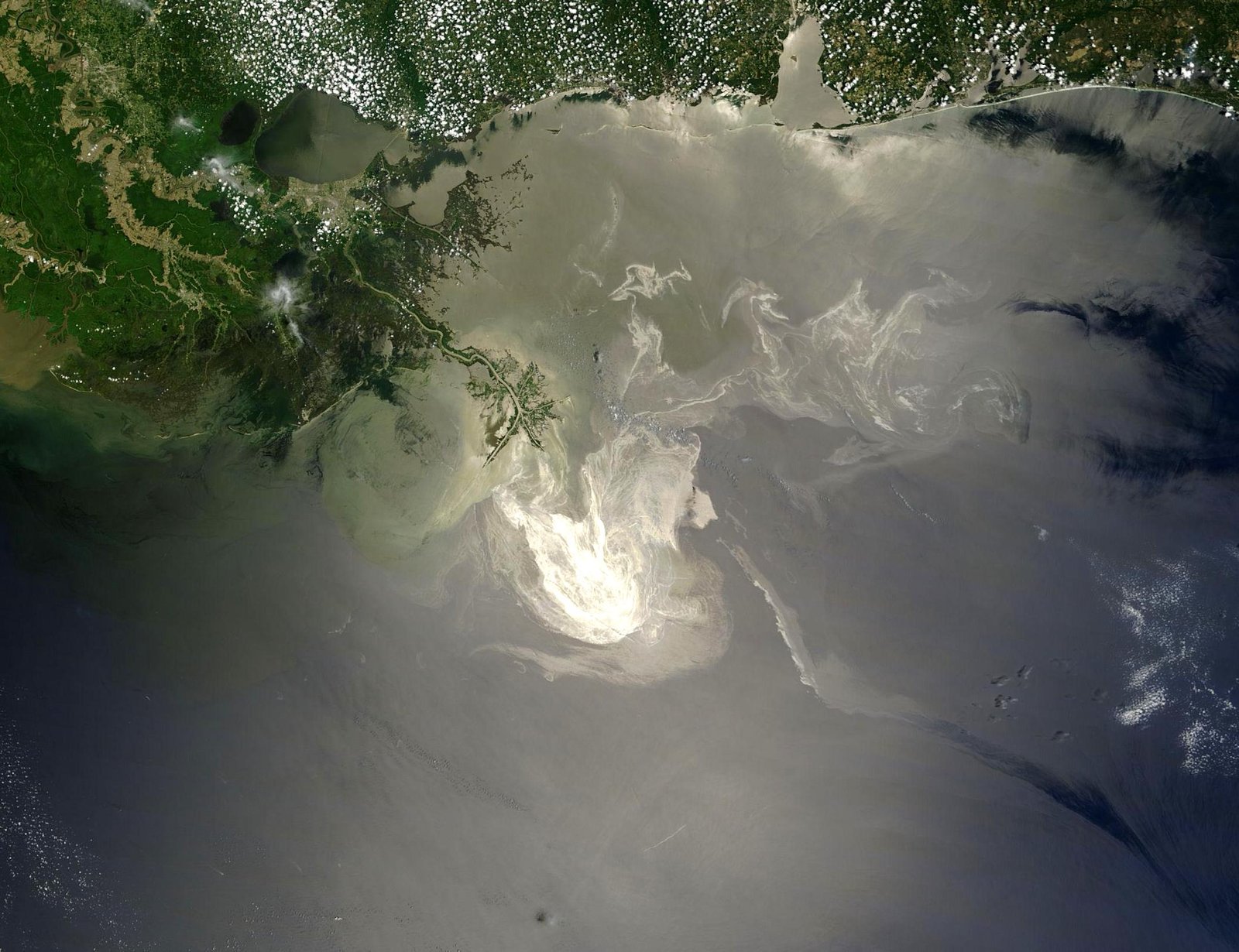
Oil spills in Russia are not mere accidents; they are large-scale environmental disasters that can wreak havoc on ecosystems. The magnitude of these spills is often underestimated, but they can cover vast areas, affecting both terrestrial and aquatic habitats. Imagine a river once teeming with life, now cloaked in a thick layer of oil, suffocating the aquatic organisms below. The sheer volume of oil spilled in such incidents can devastate local ecosystems, leading to long-term ecological consequences. These spills are often a result of aging infrastructure, negligence, or natural calamities, each contributing to the severity of the damage.
Key Recent Incidents: A Closer Look
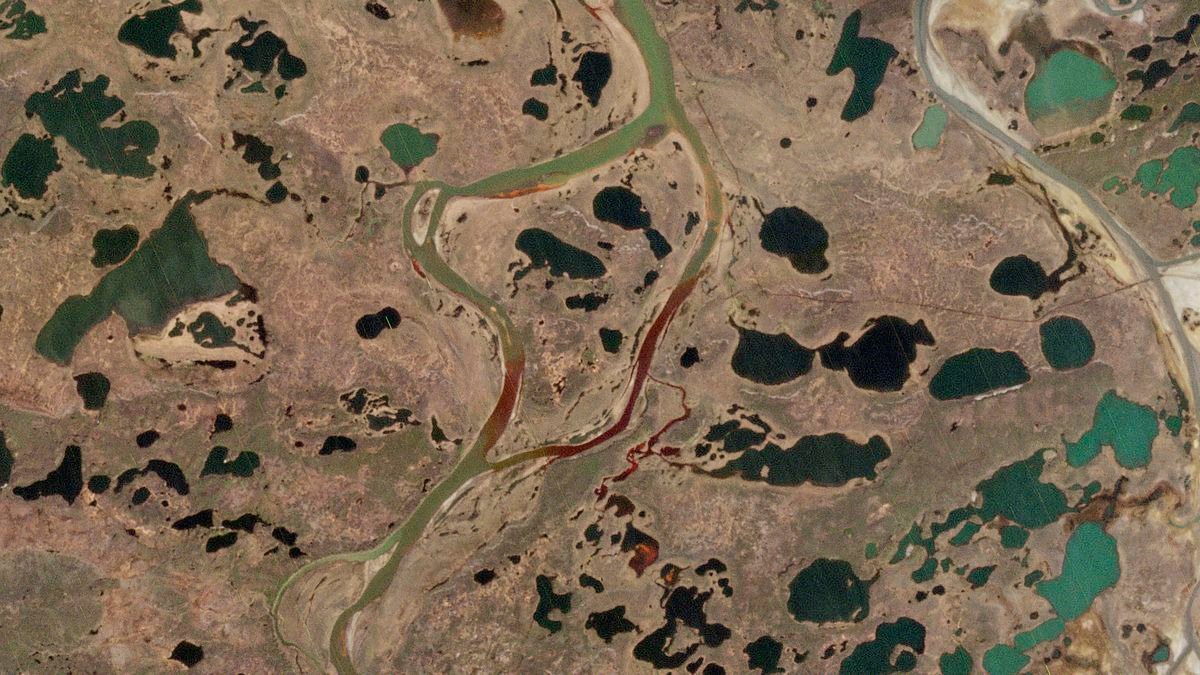
In recent years, several oil spills in Russia have captured global attention due to their scale and impact. One notable incident occurred in Norilsk, where over 20,000 tons of diesel fuel spilled into the Ambarnaya River. This catastrophic event highlighted the vulnerabilities in Russia’s industrial systems and the urgent need for reform. Another significant spill took place in the Komi Republic, where oil leaked into the Kolva River, affecting local communities and wildlife. These incidents serve as stark reminders of the potential dangers lurking within Russia’s oil production and transportation sectors.
Immediate Ecological Impacts
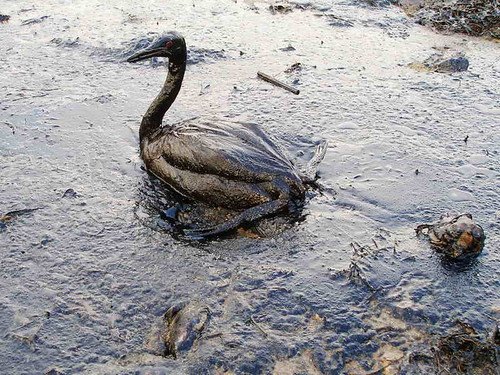
The immediate effects of an oil spill are often visible and devastating. Wildlife, particularly birds and marine animals, suffer greatly as oil coats their bodies, impairing their ability to move, hunt, and keep warm. This leads to increased mortality rates and disrupts the food chain. Vegetation along the spill’s path also suffers, as oil seeps into the soil, inhibiting plant growth and leading to erosion. The visual pollution of oil-slicked waters and shores is a haunting reminder of the spill’s destructive power, and the ecological scars can remain for decades.
Long-Term Ecological Consequences
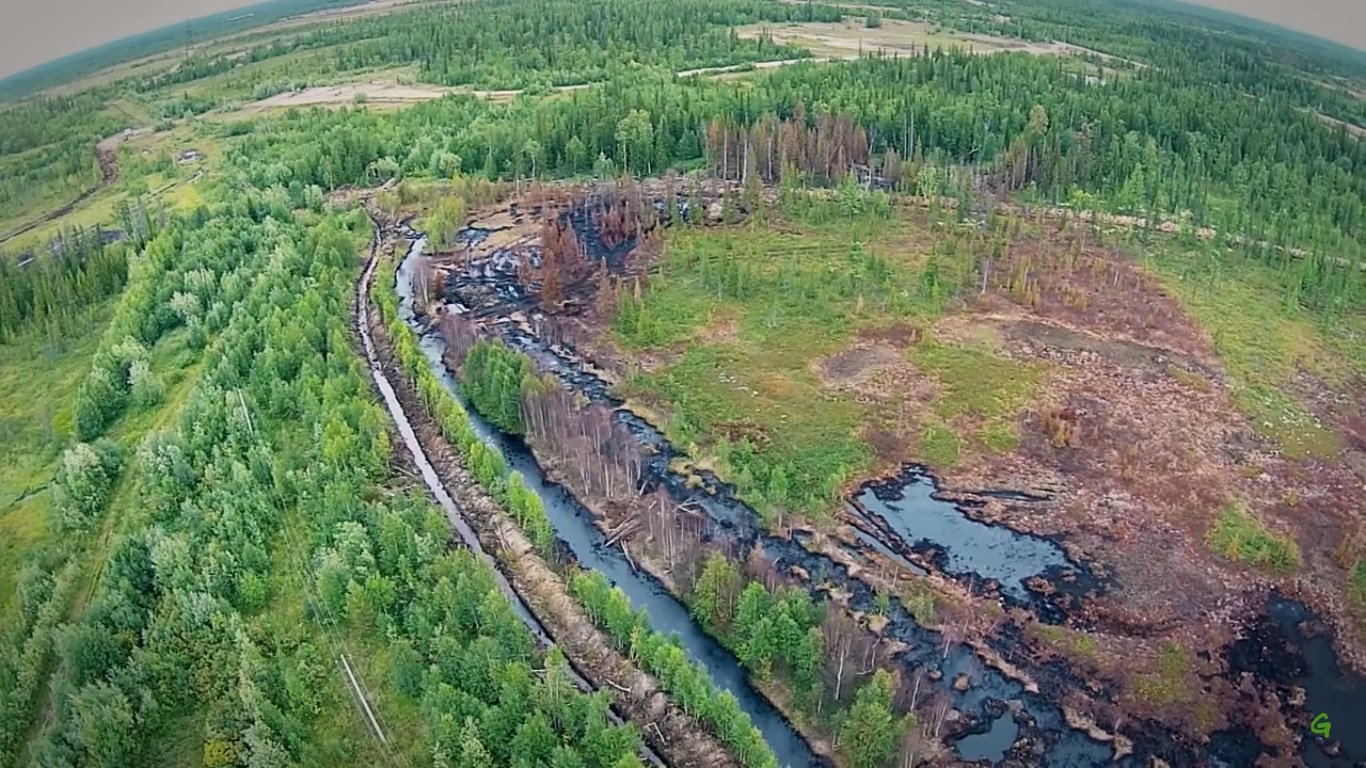
While the immediate impacts are severe, the long-term consequences of oil spills can be even more insidious. The introduction of oil into aquatic ecosystems can lead to persistent contamination, affecting water quality and reducing biodiversity. The impact on fish populations can be particularly devastating, as oil affects their reproductive capabilities and can lead to population declines. Additionally, the chemical components of oil can linger in the environment, entering the food chain and potentially affecting human health. These long-term effects necessitate comprehensive cleanup efforts and long-term monitoring to mitigate the damage.
Impact on Local Communities
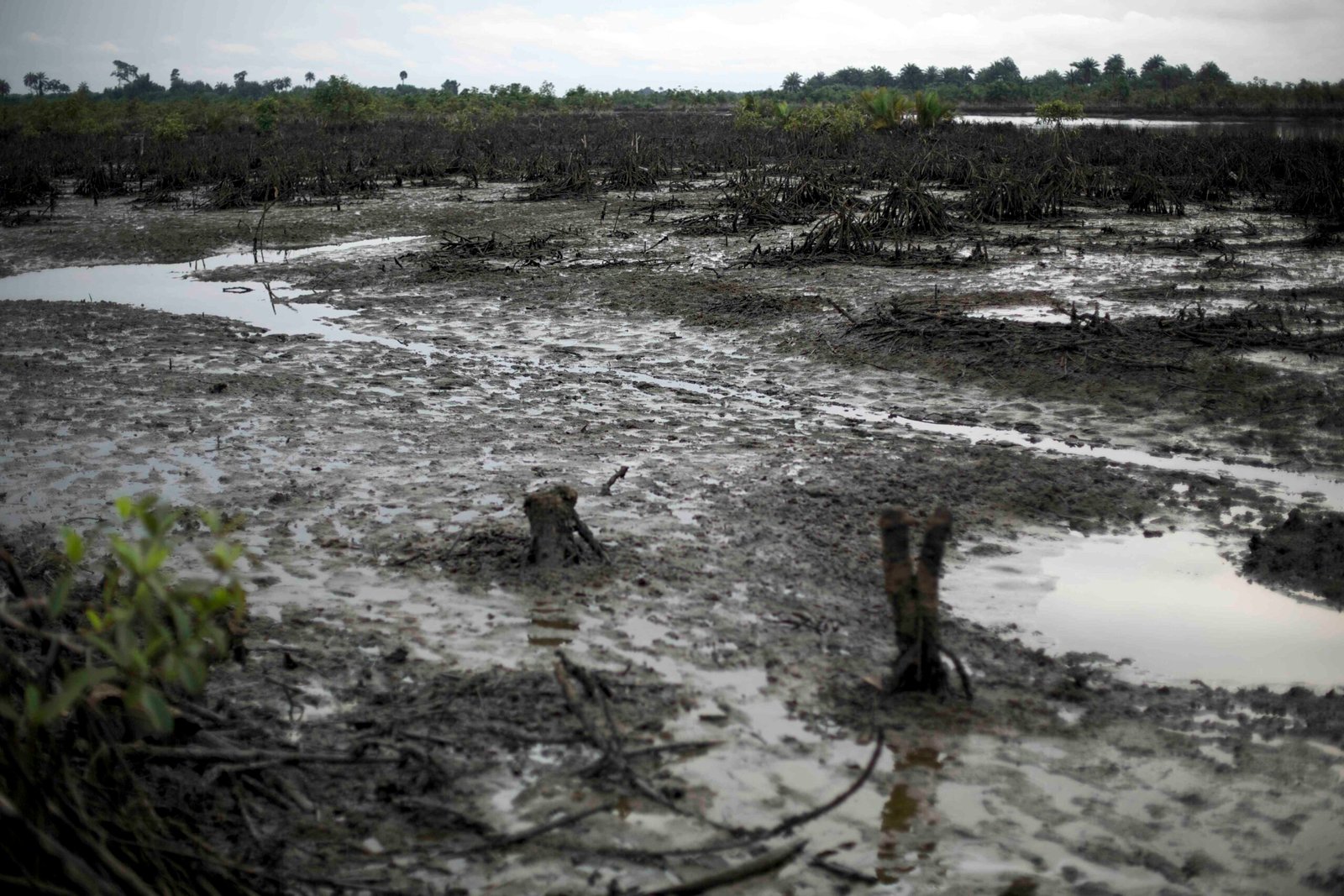
The repercussions of oil spills extend beyond the natural environment, affecting local communities that rely on these ecosystems for their livelihoods. Fishing and agriculture, two primary sources of income for many Russian communities, are severely impacted by oil spills. Contaminated waters and soil make it difficult for communities to sustain their traditional ways of life, leading to economic hardships. Moreover, the health impacts on local populations, due to exposure to toxic substances, are a growing concern, highlighting the need for improved safety measures and response strategies.
Challenges in Response and Cleanup
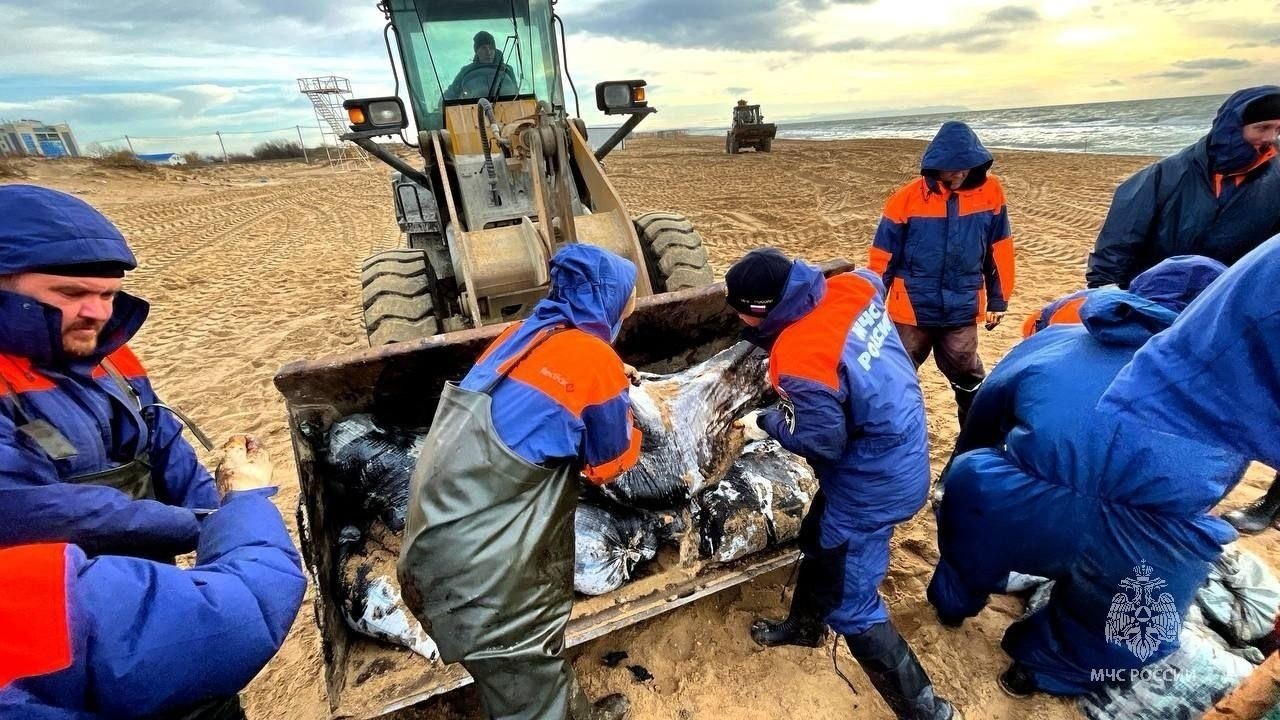
Responding to oil spills in Russia is fraught with challenges, from harsh weather conditions to remote locations. The vastness of the affected areas can make cleanup efforts daunting, requiring significant resources and coordination. Often, the response is hampered by a lack of infrastructure and technology, leading to delayed and insufficient cleanup efforts. Furthermore, the political and bureaucratic hurdles in implementing effective response strategies can exacerbate the situation, leaving ecosystems vulnerable to prolonged damage.
Legal and Regulatory Framework
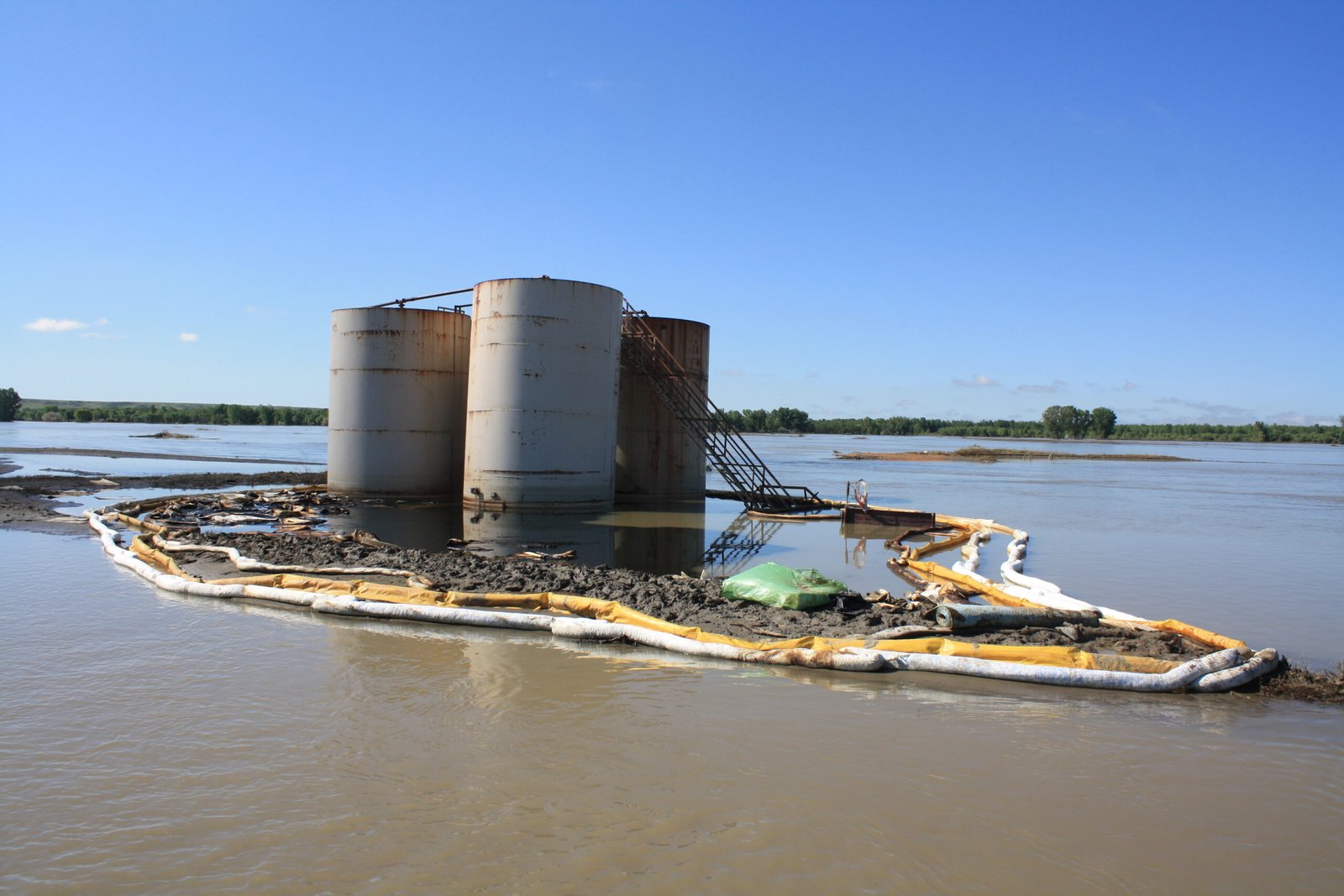
Russia’s legal and regulatory framework for addressing oil spills is complex and often criticized for its inadequacies. While there are laws in place aimed at preventing and mitigating oil spills, enforcement can be inconsistent. The need for stronger regulations and more stringent enforcement is evident in the wake of recent spills. Comprehensive policies that prioritize environmental protection and hold polluters accountable are essential to prevent future incidents and ensure responsible management of natural resources.
Technological Innovations in Spill Management
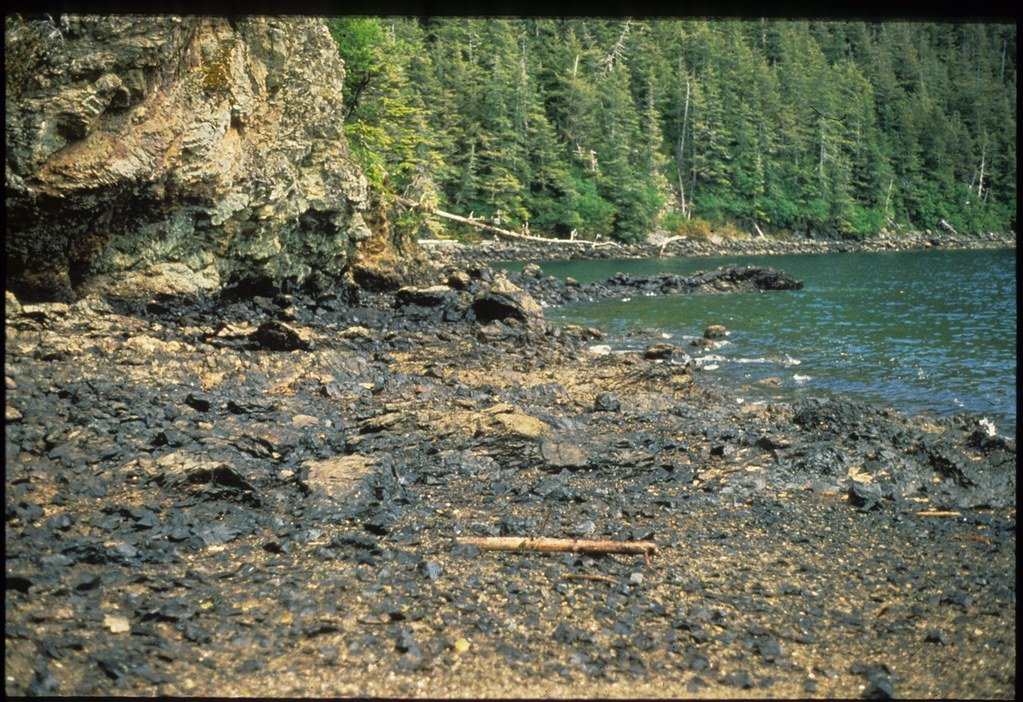
Despite the challenges, technological innovations offer hope for more effective oil spill management. Advances in spill detection and response technologies, such as drones and satellite imagery, allow for quicker identification and assessment of spills. Bioremediation, a technique using microorganisms to break down pollutants, presents a promising solution for cleaning up contaminated areas. Investing in these technologies and integrating them into response strategies can enhance Russia’s ability to tackle oil spills more effectively and minimize their ecological impact.
International Cooperation and Support
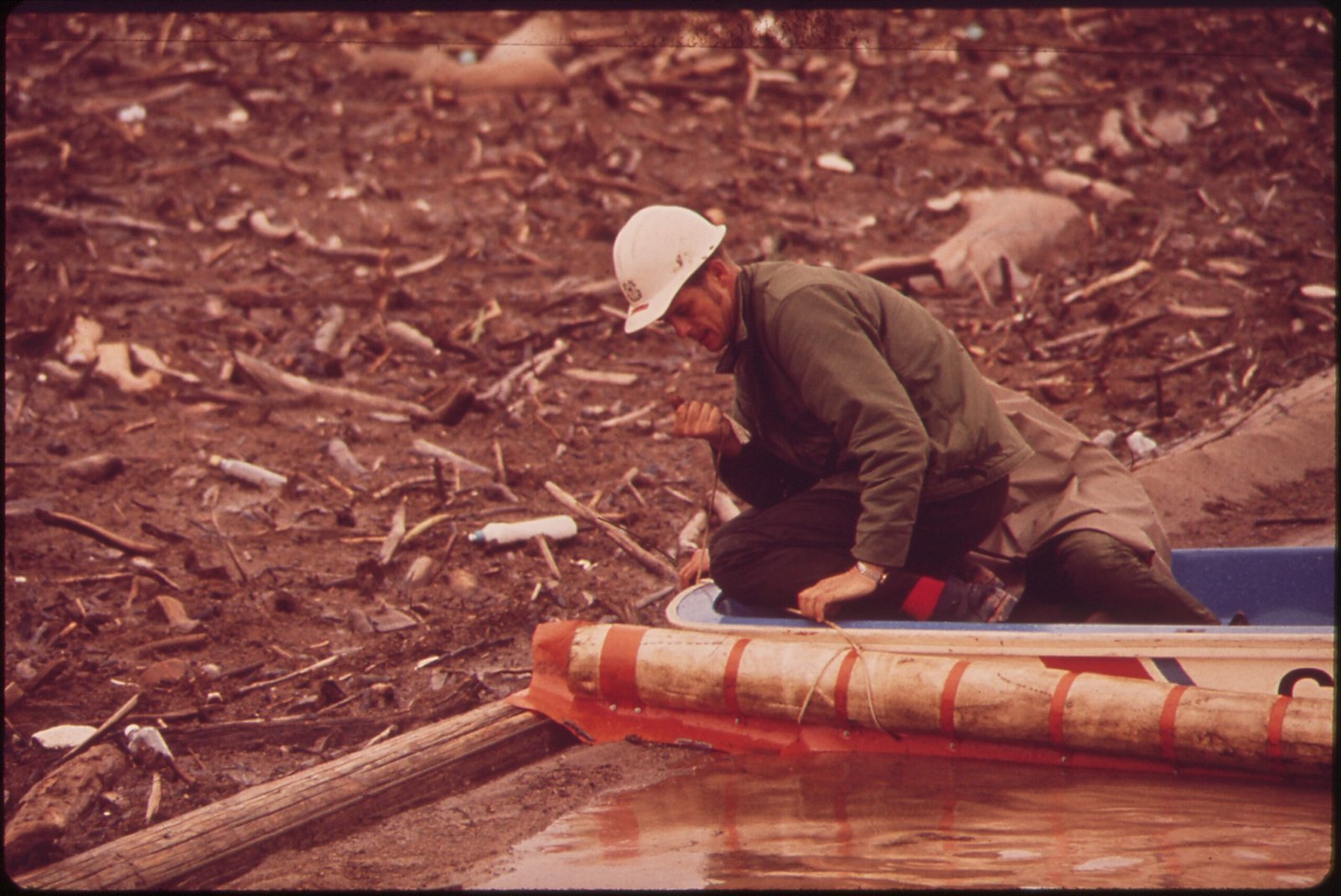
Addressing the issue of oil spills requires international cooperation and support, as environmental disasters know no borders. Collaborative efforts between countries can facilitate the sharing of resources, technology, and expertise. Organizations such as the Arctic Council play a crucial role in fostering cooperation and developing joint strategies for oil spill prevention and response. By working together, nations can strengthen their collective ability to protect the environment and ensure sustainable use of natural resources.
The Path Forward: Balancing Development and Conservation
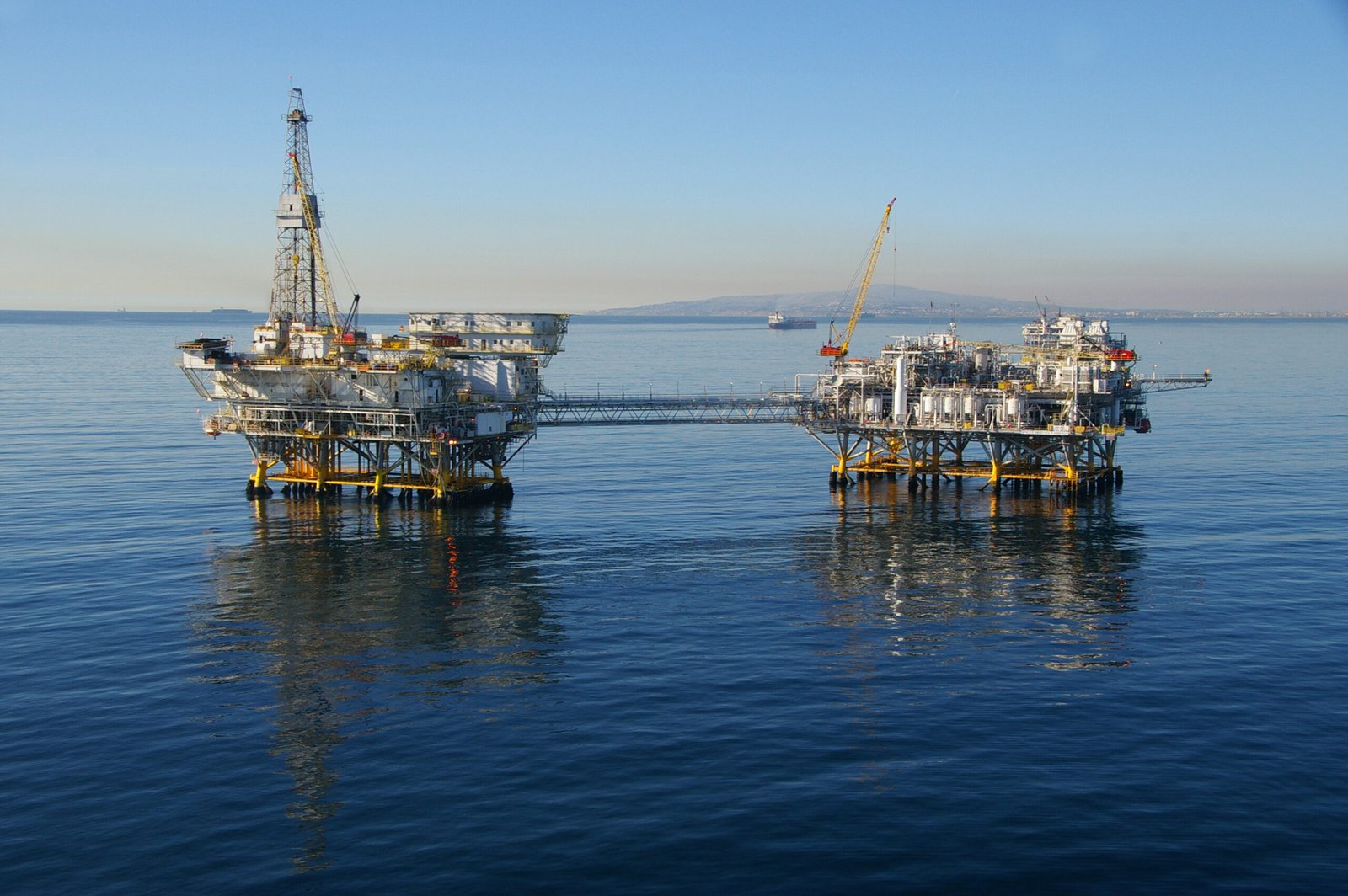
The path forward for Russia involves striking a balance between economic development and environmental conservation. As a major player in the global oil industry, Russia must prioritize sustainable practices and invest in infrastructure that minimizes the risk of spills. This includes modernizing aging pipelines, implementing rigorous safety standards, and fostering a culture of environmental responsibility. By committing to these principles, Russia can protect its natural heritage while continuing to benefit from its vast oil reserves.




